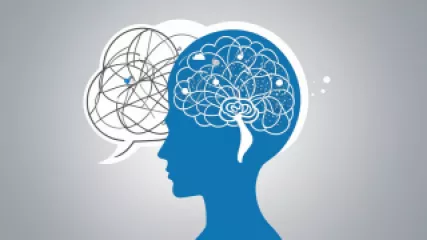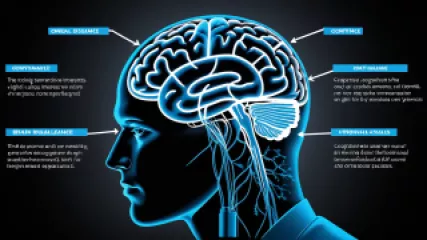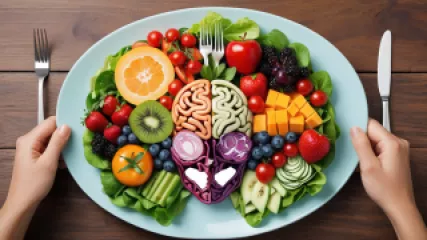Expert Interview: 10 Effective Ways to Handle Boredom
1 year ago
Dealing with Boredom
5 Lessons From 'Fight Club' to Overcome Work Addiction
1 year ago
Workaholism
How to Overcome Cognitive Dissonance: Step-by-Step Guide
1 year ago
Cognitive Dissonance
Embracing Neurodiversity: Why It Matters for Us All
1 year ago
Neurodiversity
Overcoming Workaholism: An Interview with a Productivity Coach
1 year ago
Workaholism
Mastering Cognitive Biases in Decision-Making
1 year ago
Psychology of Decision Making
My Journey Exploring Different Decision Making Styles
1 year ago
Psychology of Decision Making
The Psychology of Eating: A Step-by-Step Guide to Mindful Nourishment
1 year ago
Psychology of Eating
What is the Best Way to Manage Cognitive Dissonance?
1 year ago
Cognitive Dissonance
10 Ways to Foster Psychological Safety at Work
1 year ago
Psychological Safety
Uncovering the Psychology of Eating: A Research Summary
1 year ago
Psychology of Eating
Overcoming Decision Fatigue: An Interview with Psychological Expert
1 year ago
Psychology of Decision Making
The Ultimate Guide to Preventing and Managing Workaholism
1 year ago
Workaholism
10 Resilience Strategies for Navigating Uncertainty
1 year ago
Dealing with Uncertainty
Lessons from 'The Martian' for Navigating Neurodiversity
1 year ago
Neurodiversity















